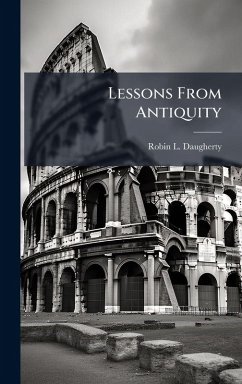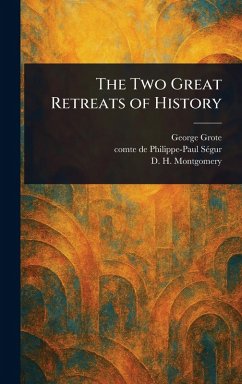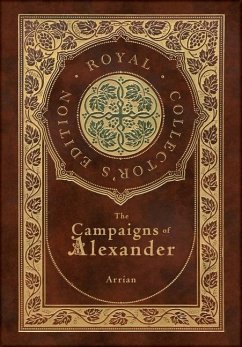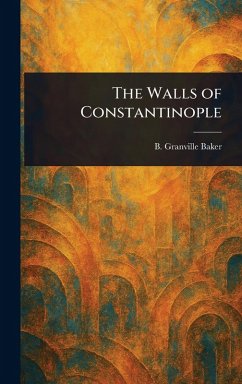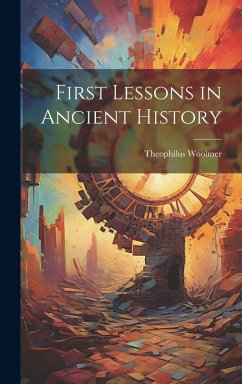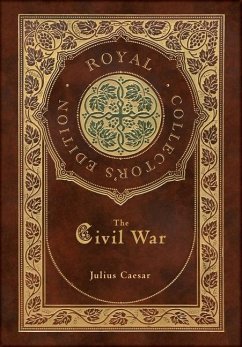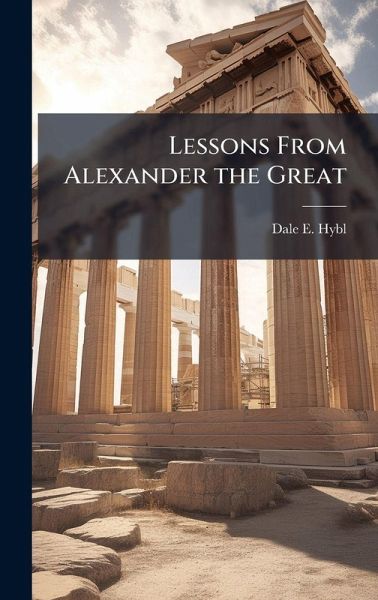
Lessons From Alexander the Great
Versandkostenfrei!
Versandfertig in über 4 Wochen
27,99 €
inkl. MwSt.
Weitere Ausgaben:

PAYBACK Punkte
14 °P sammeln!
Considering the importance of advance intelligence about an adversary to both ancient and modern military operations, it is logical that lessons regarding intelligence learned in antiquity are still relevant to achieving success in the modern world. Among the ancient empires that utilized foreknowledge of their enemies to achieve victory, Alexander the Great's success across the spectrum of military operations and in regions of the world where the United States (U.S.) is currently engaged in on-going operations, makes his activities worthy of study. This paper seeks to derive relevant lessons ...
Considering the importance of advance intelligence about an adversary to both ancient and modern military operations, it is logical that lessons regarding intelligence learned in antiquity are still relevant to achieving success in the modern world. Among the ancient empires that utilized foreknowledge of their enemies to achieve victory, Alexander the Great's success across the spectrum of military operations and in regions of the world where the United States (U.S.) is currently engaged in on-going operations, makes his activities worthy of study. This paper seeks to derive relevant lessons from Alexander's Intelligence Model that can be applied to the modern U.S. Intelligence Community (IC). To do so, it first reviews Alexander's collection and use of intelligence prior to the Battle of Gaugamela in order to demonstrate that Alexander's use of intelligence is worth examining. It then establishes an analytic model that can be used to analyze Alexander's intelligence system. Next, it applies that analytic model to Alexander's collection and use of intelligence in order to establish a model for Alexander's intelligence function. Finally, it derives lessons from Alexander's Intelligence Model for application to the modern U.S. IC. This work has been selected by scholars as being culturally important, and is part of the knowledge base of civilization as we know it. This work was reproduced from the original artifact, and remains as true to the original work as possible. Therefore, you will see the original copyright references, library stamps (as most of these works have been housed in our most important libraries around the world), and other notations in the work. This work is in the public domain in the United States of America, and possibly other nations. Within the United States, you may freely copy and distribute this work, as no entity (individual or corporate) has a copyright on the body of the work. As a reproduction of a historical artifact, this work may contain missing or blurred pages, poor pictures, errant marks, etc. Scholars believe, and we concur, that this work is important enough to be preserved, reproduced, and made generally available to the public. We appreciate your support of the preservation process, and thank you for being an important part of keeping this knowledge alive and relevant.



